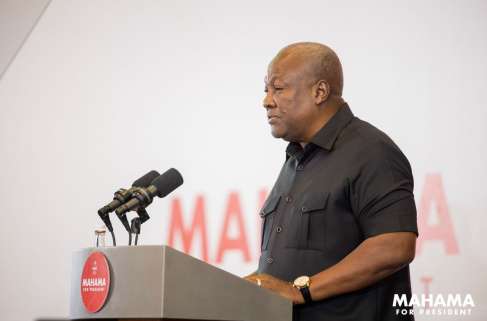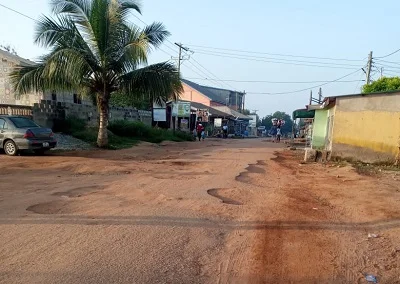Every day many African traders and businesses face barriers to trade. From quotas to excessive import documents or unjustified packaging requirements, these barriers are a big hindrance to trade between African countries and make it complicated and expensive to move goods across the continent.
Instinctively, the Governor of the Bank of Ghana Dr. Ernest Addison has indicated that, the commencement of operations of the Africa Continental Free Trade Area (AfCFTA) also entails the building of a competitive Ghanaian economy.
This, he explains will ensure a healthy win for indigenous businesses against other African countries.
Dr. Ernest Addison opined that for them to succeed, these local businesses need to take advantage of the quota-free regime.
“At the end of the day, these trade flows will depend on the competitiveness of the various economies. This is what will really eventually determine who benefits from the free trade area. So it is important that we run a very competitive economy with low-cost exchange rate stability. All of that will help us in a sense to have an advantage over our competitors in terms of the type of exports we undertake.
Additionally, Dr. Addison intimated that the country’s trade will remain robust if local firms fortify their capacities to boost exports from Ghana to other African countries.
“If we compete effectively, that should help us strengthen our balance of payment. It will only mean that our exports will pick up. If we don’t compete effectively, we will lose exports to imports then obviously our balance of trade will also reflect that deterioration. So, this is the time to make sure that our exports to the other African countries perform very strongly”.
That notwithstanding, the application of trade-related regulations to ensure consumer health, protect the environment and safeguard national security is legitimate, but disproportionate restrictions or cumbersome enforcement of trade regulations can stifle trade and amount to Non-Tariff Barriers and should therefore be addressed. The use of NTBs for protectionism goes against the principles of African integration.
According to an UNCTAD report, if these barriers are removed, the African economy could gain $20 billion – much more than the $3.6 billion it could recover by eliminating tariffs. The United Nations Economic Commission for Africa (UNECA) estimates that the AfCFTA has the potential to boost intra-African trade by 52.3% by eliminating import duties and could double trade if NTBs are also reduced.
In fixing this problem, the tradebarriers.africa platform focuses on identifying NTBs and eliminating them. Trade related complaints that are reported can be monitored by government officials in each country and by the dedicated NTB coordination unit at the AfCFTA Secretariat. The NTB Coordination unit is responsible for verification of complaints. Once complaints are verified, officials in the countries concerned are tasked with addressing the issue within set timelines prescribed by the AfCFTA agreement.
The tradebarriers.africa online tool also makes it possible for African businesses to play an active role in removing obstacles to continental trade by reporting NTBs online and having them resolved through the mechanism outlined in Annex 5 (NTBs) of the AfCFTA Agreement’s Protocol on Trade in Goods. More than 600 reported barriers have been resolved through existing portals at the Regional Economic Community (REC) level.





















